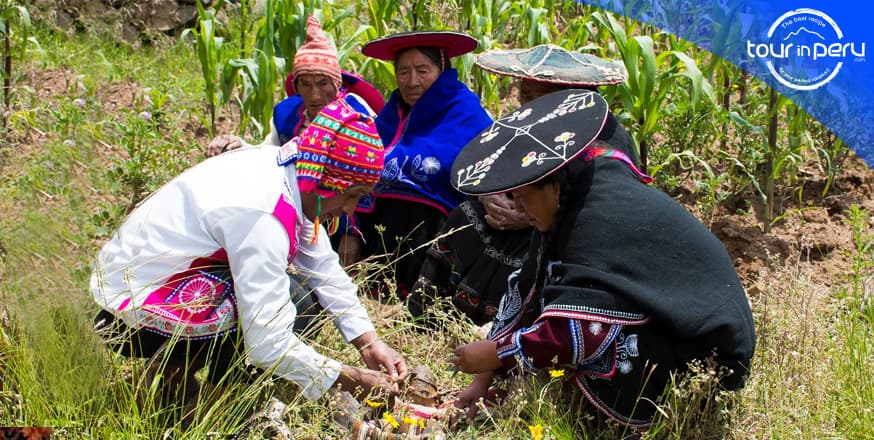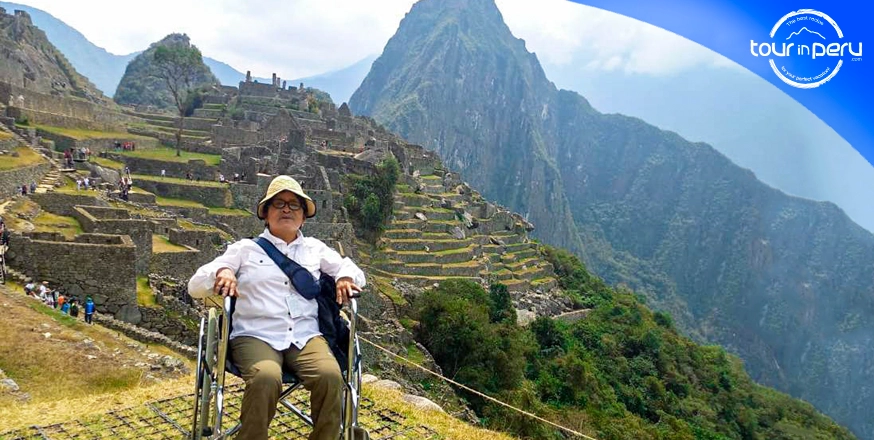Table of Contents
In a moment of environmental and social crisis, regenerative tourism emerges as the deepest evolution of responsible travel. In this article, we delve into diverse themes in detail. Make sure you’re ready to understand and reconnect: you’re about to uncover travel that truly leaves life where once there were only footprints.
1. What Is Regenerative Tourism and Why Is It Vital Today?
Regenerative tourism transcends the “do no harm” concept of sustainable tourism. Its purpose is to give back, repair, and enhance ecosystems, cultures, and local economies. It doesn’t stop at conservation; it pursues the active revitalization of the places we visit.
- Origins of the concept: Born from environmental and social movements that realized sustainability alone could not repair accumulated damage.
- Key differences: While sustainable tourism minimizes negative impacts, regenerative tourism enables positive impacts by promoting ecological restoration and community empowerment.
Why Is It Important Now?
- Critique of the extractive model: For decades, mass tourism has extracted cultural and natural resources without adequate compensation.
- Climate crisis and biodiversity loss: We need models that help reverse environmental degradation.
- Desire for authentic experiences: Travelers now seek more than photos; they crave deeper, more meaningful connections.
“Regeneration implies listening to the place and its inhabitants to design experiences that nourish the environment.” — Lucía Hernández, TEDxBarcelona
2. Principles of Regenerative Tourism That Guide Our Experiences
At TOUR IN PERU, we’ve adopted five essential principles that translate the concept into concrete actions. We leverage partnerships with strategic associations, NGOs, academia, government agencies, local communities, and you, our travelers. Thanks to all of you, we continue advancing these goals:
- Active Reciprocity: Every service includes a contribution to local well-being—education initiatives, Andean forest conservation, and support for community enterprises.
- Social and Economic Justice: Fair wages, on-time payments, and inclusion of women and youth in leadership roles.
- Collaborative Learning: Intercultural workshops where travelers and hosts exchange knowledge on Andean agriculture, traditional medicine, and crafts.
- Regenerative Infrastructure: Use of clean technologies (solar panels at camps), eco-friendly lodgings built with local natural materials, and efficient water and energy management systems.
- Holistic Land Care: Route planning to prevent erosion, wildlife monitoring, and comprehensive waste management before, during, and after tours.
3. VIDEO: “Regenerative Tourism, More Important Than Ever”
Key excerpt from the script:
“It’s not enough to take less than we need; we must give more than we take. Every trail, every guide, every glance has the power to heal landscapes and human relationships.”
Main points: Regeneration as an act of intergenerational justice; Tourism as a driver of economic and social reactivation, not just a source of foreign exchange; The urgency to build resilient, autonomous destinations led by community members.
Watch the full talk to gain the inspiration needed to fully grasp TOUR IN PERU’s regenerative practices.
4. TOUR IN PERU: A Regenerative Experience from the Andes
Our Working Philosophy
- Genuine Connection: We avoid massive groups and promote small groups to ensure immersion and low impact.
- Strategic Alliances: We collaborate with rural communities across Cusco to support their cultural and economic development.
- Certifications and Standards:
- ISO 14001 (Environmental Management)
- ISO 9001 (Quality Management)
- ISO 45001 (Occupational Health & Safety)
- TourCert (Sustainable & Socially Responsible Tourism)
- SERNANP, CALTUR, and other government frameworks for sustainable tourism
Sample Regenerative Experience: 3-Day Sacred Valley + Machu Picchu Tour
Day 1: Welcome & Ancestral Agriculture Workshop
- Arrival at Pisac. Participate in a native potato planting workshop with the local community.
- Lunch featuring ingredients sourced from the local cooperative.
Day 2: Mountain Trek & Reforestation
- Guided hike through the Apus (sacred mountains).
- Native tree planting session in a degraded area.
Day 3: Ollantaytambo Crafts & Machu Picchu
- Visit artisanal workshops to support textile producers.
- Train journey to Aguas Calientes.
- Guided tour of Machu Picchu with a local guide and a conservation talk.
Rate: Contact us for personalized pricing. Packages may include a donation percentage to reforestation, education, and other regenerative and sustainable tourism projects.
5. Regenerative Best Practices at Every Stage of the Journey
| Regenerative Practice | Positive Outcome |
|---|---|
| Planning: Transparent cost breakdown and disclosure of social contributions | Builds traveler trust and clarity |
| Transport: Regular maintenance of vehicles and route optimization | Lower carbon footprint |
| Accommodation: Eco-lodges powered by solar energy and greywater systems in 25% of stays | Responsible use of resources |
| Activities: Cultural exchange workshops and ecological restoration efforts | Community empowerment |
| Meals: Organic ingredients from local cooperatives with ongoing training | Supports traditional agriculture |
| Waste: “Carry in, carry out” policy, selective recycling, reduced disposables | Reduction in plastic and waste |
| Monitoring: Tracking employment, community income, and reforestation metrics | Quantifiable regenerative impact |
6. The Transformational Impact on Travelers and Communities
For the Traveler
- Development of deep cultural and environmental awareness.
- A sense of purpose: exploring while contributing to a better future.
- Practical skills: sustainable agriculture techniques, handicraft methods, basic local language phrases.
For the Community
- Generation of fair wages and preservation of traditions.
- Conservation of landscapes and cultural heritage.
- Strengthened local infrastructure (trail repairs, community spaces).
Key Indicators: Number of trees planted, percentage of fees reinvested, local employment stats, community satisfaction levels.
7. Real Testimonials: When Travel Also Transforms
Carla, Spain (Machu Picchu & Weaving Workshop)
“Not only did I admire Machu Picchu, but I also learned how to spin wool with village elders. A portion of my payment goes to rural schools. It was the most meaningful journey of my life.”
Luis, Brazil (Trekking & Reforestation)
“Hiking through the mountains and planting a tree where there were only stones was the most significant experience I’ve ever had. I’ll return with pride.”
María, Peru (Community Immersion)
“As a Peruvian, seeing foreigners learn my language and culture makes me feel valued and motivates me to continue sharing our traditions.”
8. How You Can Join the Regenerative Tourism Movement
- Choose ethical operators: Verify certifications and community partnerships.
- Ask about impact: Where does your contribution go? Who benefits?
- Pack light: Use refillable water bottles, reusable utensils, and eco-friendly gear.
- Engage fully: Participate in workshops, tree-planting, and local projects.
- Share your experience: Educate others about the power of regenerative tourism.
9. Book Your Purpose-Driven Journey: TOUR IN PERU Awaits
Explore our regenerative experiences:
🌐 https://www.tourinperu.com
📧 experiences@tourinperu.com
📱 WhatsApp: +51 971 569 997
📲 Social: @tourinperu
Exclusive Offers: 10% discount for regenerative groups and return travelers.
10. Final Reflection: Your Footprint Can Regenerate
True luxury in travel lies not in what you consume, but in what you leave behind. Regenerative tourism invites you to be an agent of change, to plant seeds of hope, and to co-create sustainable futures. Let your journey ignite transformation. Travel, connect, and regenerate with TOUR IN PERU.
Sources & References:
- TEDxBarcelona: “Regenerative Tourism, More Important Than Ever” by Lucía Hernández
- TOUR IN PERU Official Website (www.tourinperu.com)
- @tourinperu social channels (Facebook, Instagram, TikTok)
- Internal Regenerative Practices & Brand Manifesto
- Academic research on regenerative and sustainable tourism







